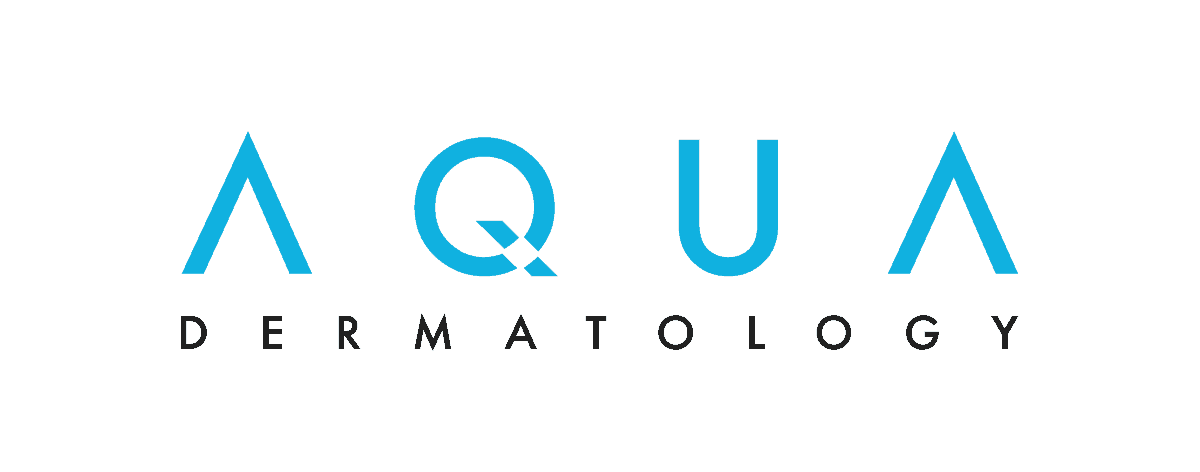You couldn’t resist. You’ve popped that pimple, and now you wish you hadn’t. A while back on the blog, we listed the Top 5 Reasons NOT to Pop Your Pimples, but regardless you went ahead and did it. We’ve all heard that messing with a pimple is a bad idea, and the truth is – it’s a terrible idea!
When popping a pimple, you may inadvertently force the debris from the pore deeper into the follicle. That can cause the follicle wall to rupture and spill infected material into the dermis (the innermost section of the skin.) Not only can you cause scarring, but the squeezing pressure may force bacteria into the dermis from below.
Additionally, popping a pimple can lead to a nodule (hard, red, painful blemish deep within the skin) or a cyst. The most serious form of a blemish, cysts are large and painfully inflamed lesions. Clearly a hands-off policy is the best choice when it comes to your skin.
- But now that you’ve done it, not to worry. We have a few simple solutions that will help you heal. Use an antibacterial wash to clean the area, such as benzoyl peroxide. Try one with 2.5%-5% Benzoyl Peroxide to start, as you may find it can be very drying.
- Apply a topical salicylic acid to the spot. If you find the over-the-counter creams to be too harsh and drying, try a toner with salicylic acid. Salicylic acid works to promote the shedding of the epidermis more readily, open clogged pores and neutralize bacteria within. It also helps prevent pores from clogging up again by constricting pore diameter, and allowing room for new cell growth.
- Moisturize with a non-comedogenic lotion and apply a facial sunscreen with zinc as normal to keep the area from becoming overly dry. A sunscreen with zinc in it will not only protect you from the sun, but you’ll also find that it helps with acne reduction as well.
If you stick to this simple plan, you should find that in a few days your acne spot will be cleared up, although you may have a red mark. If this occurs, try adding a chemical exfoliant with glycolic acid in it to your routine, which will promote cell turnover and help prevent additional blemishes from forming.





